It’s worth knowing the benefits that you can provide to your employees. They help plan for old age and unexpected events (like becoming ill or injured), and can save a bit of money on day-to-day expenses too.
Not everyone needs the same employee benefits. At different times of life, and in different family situations, different things are important to different people. So it’s worth thinking about whether the benefits you have are the right ones for your business.
Here’s a rundown of some of the most common employee benefits from an employee view point:
Benefits that provide for old age: Where does the income come from when the salary stops?
Pension: Your pension means that some of your income will be set aside for your retirement. There are various types. Most pensions these days are ‘defined contribution’ pensions, such as Defined Contribution Master Trusts and Group Personal Pension Plans . In this type of pension, you and your employer each put a set amount of money into your pension plan each year. The value of your pension when you retire depends on what you’ve put in and how much it’s grown during the time it’s been invested.
Once you retire, you then have a pot of cash which you can use to provide an income in a number of different ways you can take some or all of the cash, gradually draw an income from the plan or you can buy yourself an annual income (like an annuity). The main reason for getting your pension through work is that your employer will often contribute too.
The second type of pension is a ‘defined benefit pension’. These are becoming much less common in private sector companies. In this type of pension, the amount you get when you retire is normally based upon your final salary and how long you’ve worked there.
It’s also worth knowing that, from 2012, employers must automatically enrol most of their employees into a pension scheme. They also have to pay a minimum contribution for most employees. Smaller employers now have to do the same.
Benefits that provide for illness or injury:
Sick Pay: Most employees are entitled to £88.45 a week (2015 – 2016) after their first 4 days off sick. It’s called Statutory Sick Pay, and covers you for your first 6 months off because of illness or injury. You may find that your employer offers you more sick pay than this, or covers you for a longer period. If your contract doesn’t tell you, HR will be able to. It’s worth finding out how much you’d be paid, and how long for, because it’ll help you decide which other sorts of cover you might need.
Group Income Protection: Income Protection pays you a percentage of your salary each month (typically 60-80%) as a regular income, if you can’t work due to a long-term illness or injury. Getting Group Income Protection through your employer will often mean that those medical conditions you’ve had prior to the policy are covered. It’s also often a lower cost for your employer than taking out a similar policy yourself because the chance of someone claiming is spread across all those covered.
Group Income Protection policies can be set up in different ways by your employer. Usually, they’re set up so that payments start once Statutory Sick Pay or Occupational Sick Pay end. Most Group Income Protection policies start after 6 months off work. The payments continue until either you go back to work, or you reach the retirement age given in the policy. Some policies have a ‘limited term’ which means they only pay out up to a set time – say 2, 3 or 5 years off work, rather than to retirement age.
Private Medical Insurance: Group Private Medical Insurance pays for the cost of private treatment for medical problems. It doesn’t cover every medical condition, so it’s important to check your policy details to see what’s covered. Your company will also decide which pre-existing conditions are covered. Business Health Insurance pays for the costs of treatment: it doesn’t help supplement your income while you’re off work. It’s also a taxable benefit.
Business Travel insurance: is one of the most extensive and complicated insurance policies that you can buy. It provides cover for so many different types of risks, from emergency medical expenses to lost or stolen personal possessions, personal liability, legal expenses and accidents.
Dental Insurance and Optician Costs: These are a bit like Private Medical Insurance, but more specific (one’s only for dental problems, the other only for visual ones). And like Private Medical Insurance, they’ll pay for the cost of private treatment, but not for other expenses incurred by time off work.
Group Critical Illness Insurance: Critical Illness Insurance means you’ll get a tax-free lump sum if you’re diagnosed with one of a number of specific medical conditions (the insurance company will have a list of exactly which medical conditions your policy will pay out for). To get the pay-out on Group Critical Illness, you need to have one of the conditions on the list, and you usually have to survive for a minimum period of time once you’re diagnosed (usually between 14 and 28 days).
Health Screening: Health screening provides a regular health check. This usually involves a physical examination to identify any current conditions you’re not aware of, but will also involve questions to help work out which diseases you may be at risk of, and how you can improve your health by changing your lifestyle.
Eye Tests: Enables you to have an annual eye test as well as a contribution towards contact lenses or glasses required for VDU use.
Benefits that provide for death: Who looks after your loved ones if you’re no longer around?
Life Insurance: Life Insurance (also called Death in Service) pays a tax-free lump sum if you die, to provide support for the people who depend on you financially (like your partner or children). It’s often calculated as a certain number of times your salary, so if you earned £25,000 and had a ‘4 times salary’ policy, your dependants would get £100,000.
Other money-saving benefits: Can your money go further?
Childcare Vouchers: Childcare vouchers are taken out of your salary before tax and National Insurance through something called ‘salary sacrifice’. That means that where you could have, for example, £700 in your pay cheque over the year, you can choose to get £1,000 of vouchers instead (though the exact amounts will depend on how much tax you pay). These vouchers can be used to pay for nursery, preschool, a nanny or a childminder up until a child’s 15th birthday.
Ride to Work: With Ride2Work, you can get a tax-free bike, which for most people means they save about 32% of the cost. You can get just about any bike you like from a local bike shop, and it’s good for your health and the environment too.
Car Allowance: A car allowance means that you get an extra payment to allow you to buy a car for your work. Some employers will also give you a mileage allowance, which means you get a certain amount for each mile driven on company business. This will replace the old company car schemes, which are gradually being phased out.
Interest Free Travel Loan: Some employers will offer an interest free loan of up to £5,000 to allow you to buy an annual travel card or season ticket (they’re usually cheaper than buying daily, weekly or monthly tickets).
Gym Membership: Some employers will give you a free gym membership; others will offer you a discounted rate at a local gym or gym chain. Gym membership is a taxable benefit, so you will pay a bit towards it.
Give as You Earn (GAYE): A tax-efficient way to make contributions to a range of charities.
Discounted Shopping: you can take advantage of thousands of retail offers – whether it’s getting free money just for clicking through a special Cashback link, buying vouchers at a discounted price and topping up reloadable cards, or getting an instant SMS discount voucher.
Author

Author: Charlie Cousins
Founder and Director of Hooray Health & Protection, Charlie Cousins has enjoyed a career in the insurance and financial services industry spanning over the last ten years.

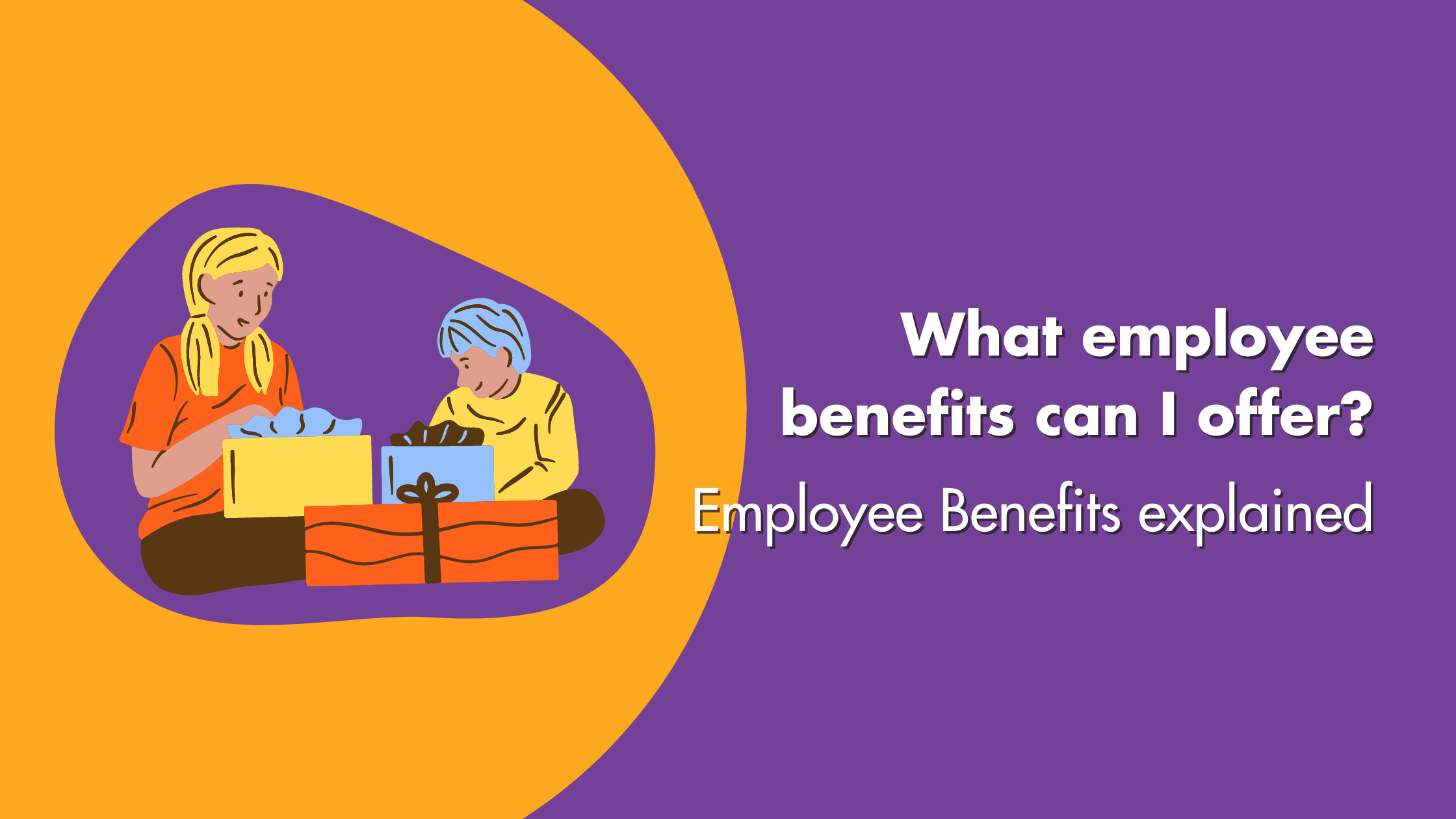
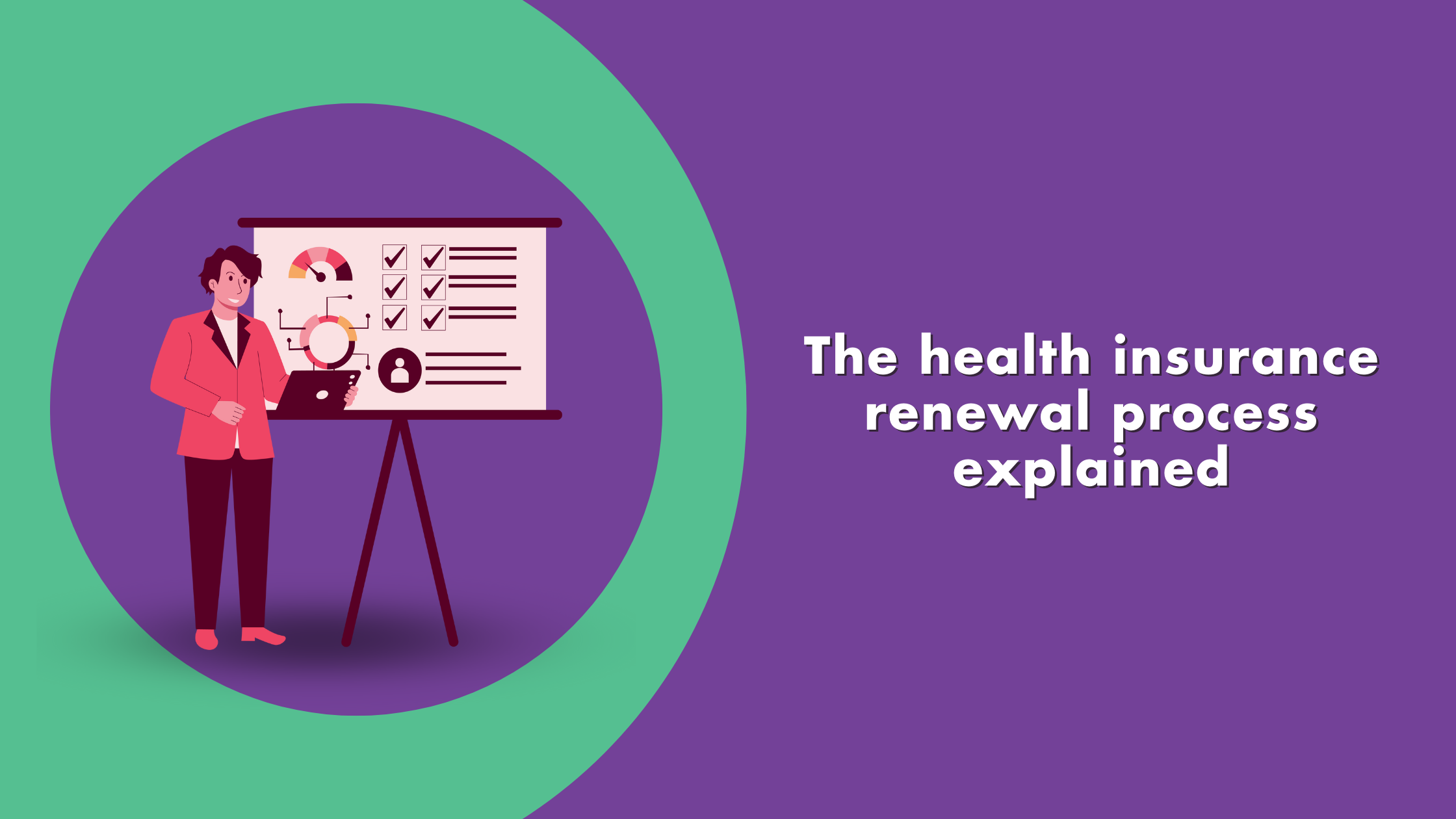
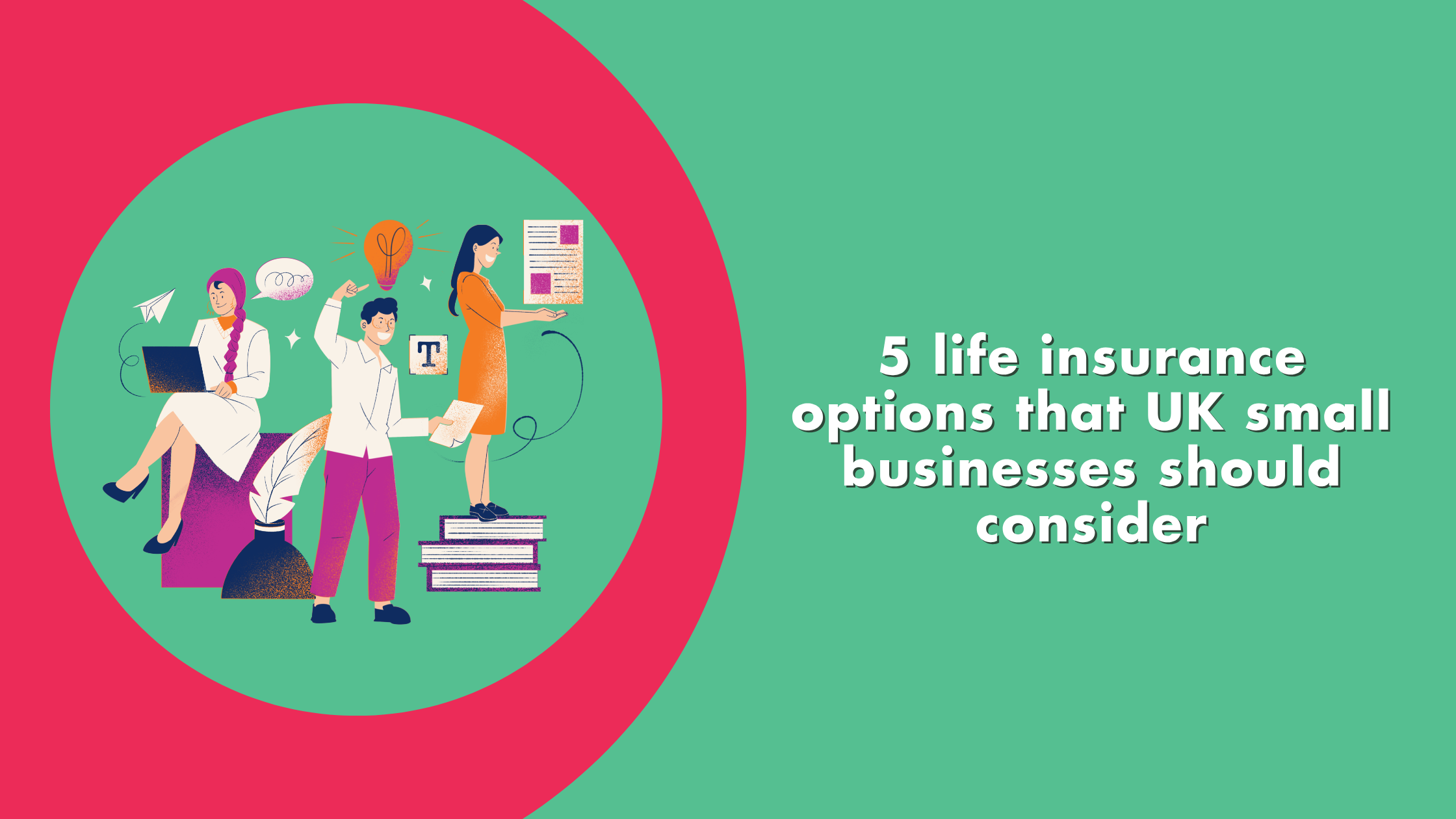
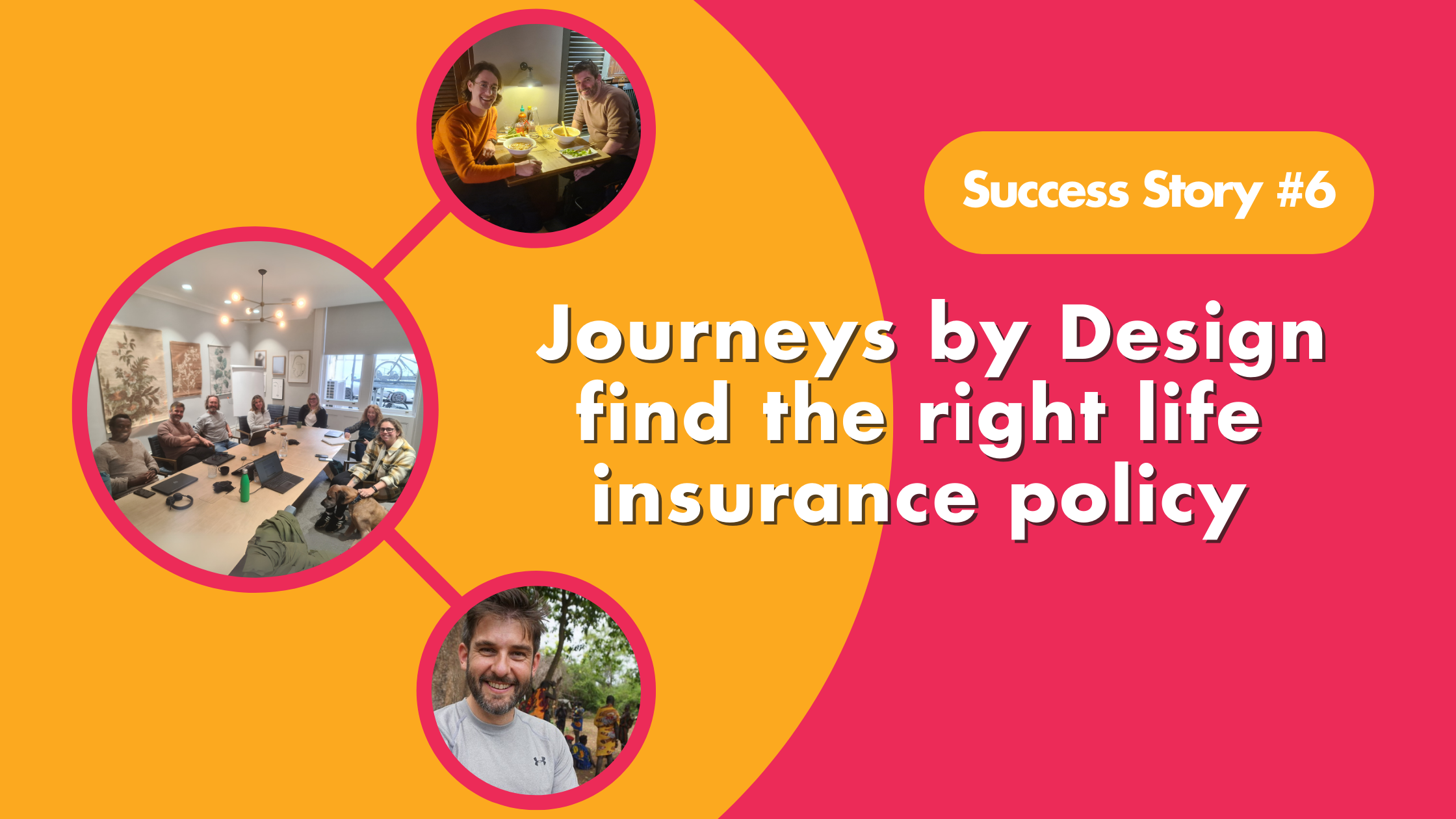
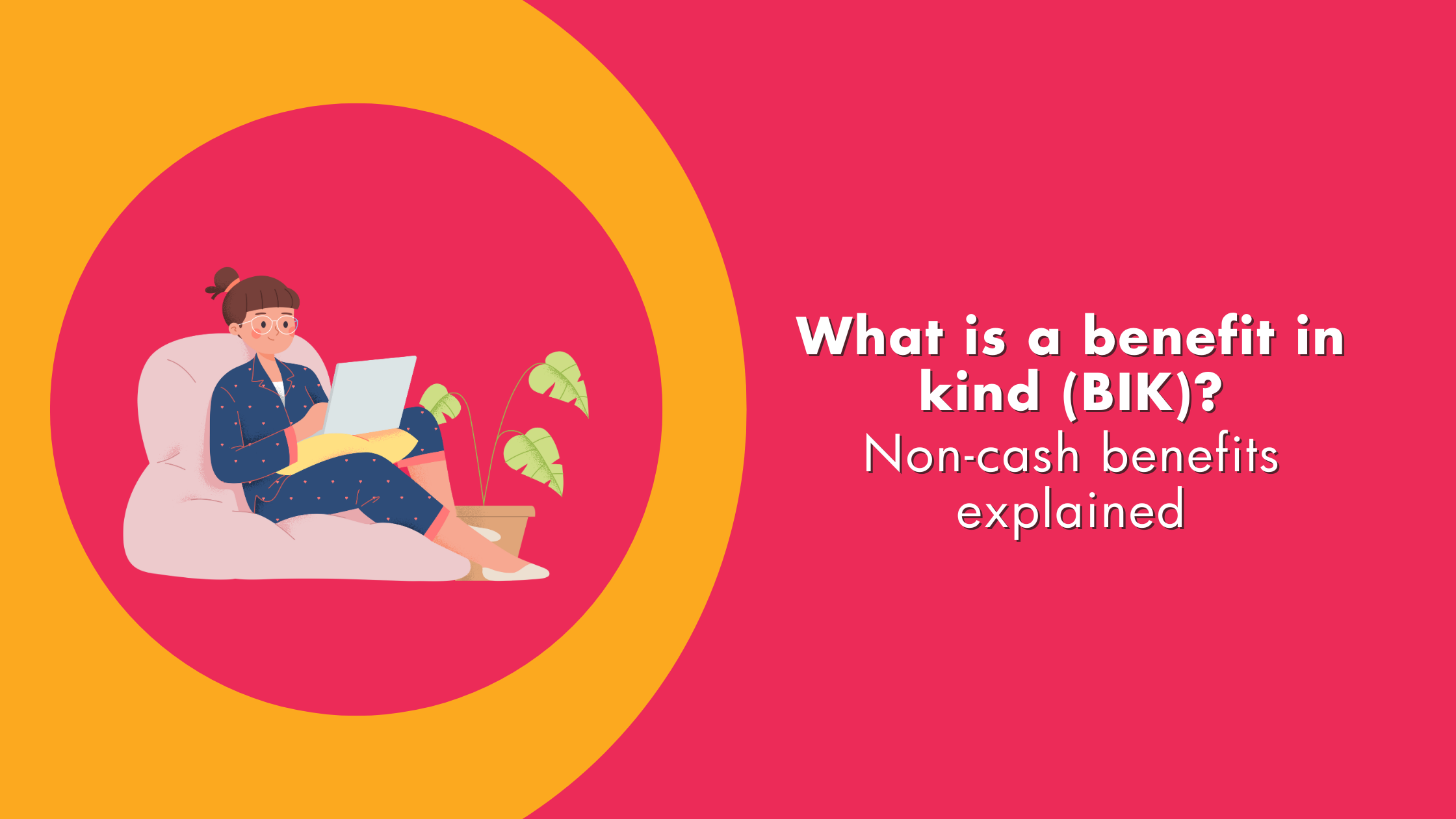
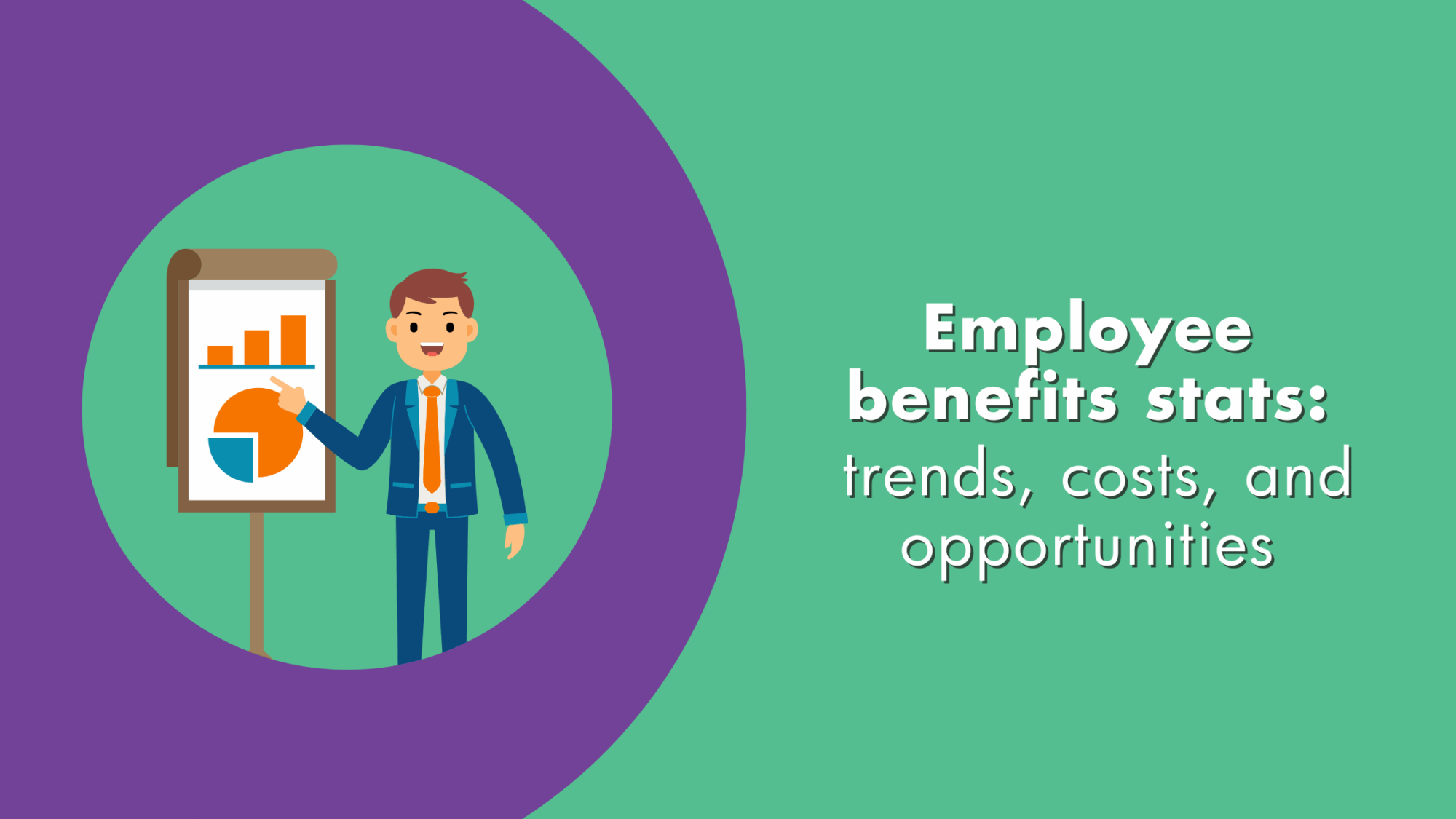

![_HPA24 Advice Firm of the Year [YELLOW] _HPA24 Advice Firm of the Year [YELLOW]](https://hoorayinsurance.co.uk/wp-content/uploads/elementor/thumbs/HPA24-Advice-Firm-of-the-Year-YELLOW-qwfw5zs3ef19fjq6cnwf697rj9gwqbf8o6443qptg0.png)
![_HPA24 Best Small Health Insurance Advice Firm [YELLOW] _HPA24 Best Small Health Insurance Advice Firm [YELLOW]](https://hoorayinsurance.co.uk/wp-content/uploads/elementor/thumbs/HPA24-Best-Small-Health-Insurance-Advice-Firm-YELLOW-qwfw5yu97kzz3xrji5hslrgaxvljimbic1gmmgr7m8.png)
![_HPA24 Best Sales & Retention Advice Team [YELLOW] _HPA24 Best Sales & Retention Advice Team [YELLOW]](https://hoorayinsurance.co.uk/wp-content/uploads/elementor/thumbs/HPA24-Best-Sales-Retention-Advice-Team-YELLOW-qwfw5yu97kzz3xrji5hslrgaxvljimbic1gmmgr7m8.png)
![_HPA24 Best Small Protection Advice Firm [YELLOW] _HPA24 Best Small Protection Advice Firm [YELLOW]](https://hoorayinsurance.co.uk/wp-content/uploads/elementor/thumbs/HPA24-Best-Small-Protection-Advice-Firm-YELLOW-qwfw5zs3ef19fjq6cnwf697rj9gwqbf8o6443qptg0.png)